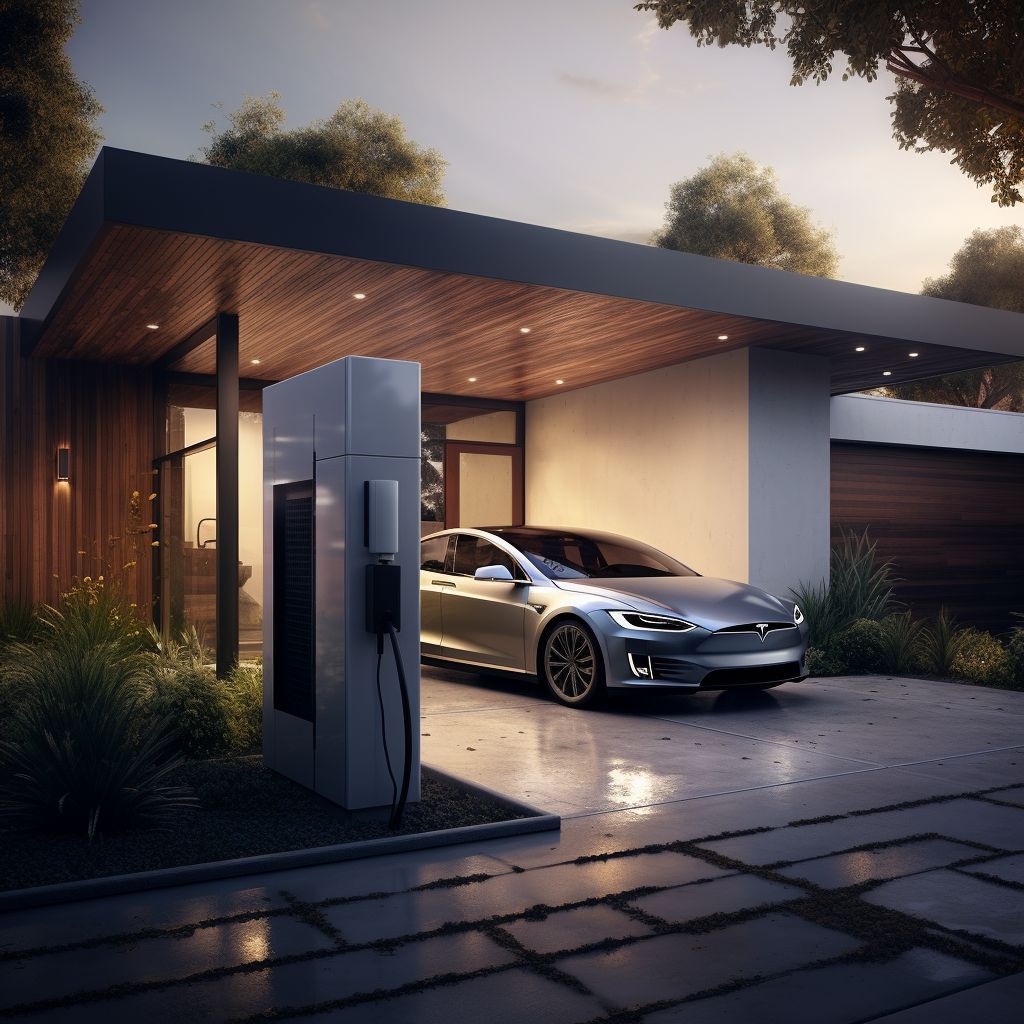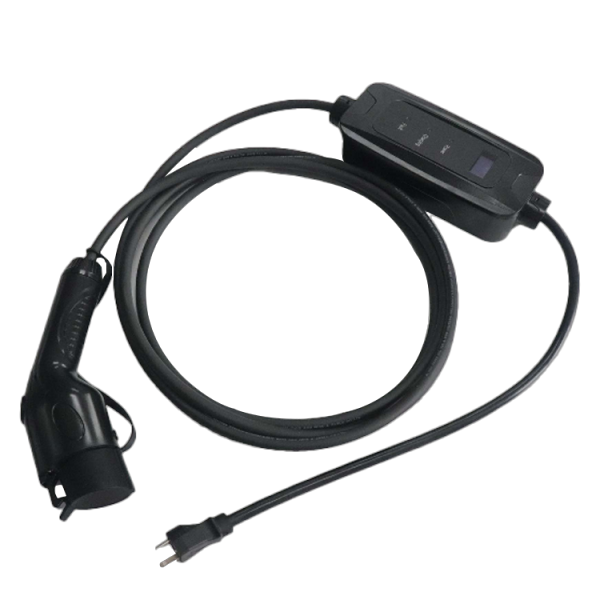Creating an efficient and convenient home electric vehicle (EV) charger involves considering factors such as charging speed, ease of use, smart features, safety, and integration with renewable energy sources. Here’s a comprehensive guide to help you design or select the right charger for your needs:
Charging Speed and Power:
Choose a charger with adequate power output. Level 2 chargers (240V) are commonly used for homes, providing faster charging compared to standard Level 1 chargers (120V).
Look for chargers with higher power outputs (e.g., 32A or more) to reduce charging time. However, make sure your home’s electrical infrastructure can support the power demands.
Plug Types and Compatibility:
Ensure the charger supports the appropriate plug type for your EV. Common plug types include J1772 (North America) and Type 2 (Europe).
Some chargers come with adapters to accommodate various plug types, providing flexibility for different EV models.
Smart Charging Features:
Smart chargers allow remote monitoring, scheduling, and control via smartphone apps. This feature helps you take advantage of off-peak electricity rates and manage charging from anywhere.
Integration with home energy management systems and voice assistants (e.g., Alexa, Google Assistant) adds convenience.
Safety Features:
Look for chargers with built-in safety features, such as overcurrent protection, overvoltage protection, and ground fault protection.
Consider chargers with UL certification or other relevant safety certifications to ensure compliance with industry standards.
Cable Management:
Chargers with cable management systems (e.g., retractable cables or cable organizers) help keep the charging area tidy and prevent cable damage.
Integration with Renewable Energy:
Some chargers offer the ability to integrate with solar panels or other renewable energy sources, allowing you to charge your EV with clean energy.
Smart charging features can optimize charging times based on available solar power or other renewable sources.
Installation and Compatibility:
Ensure the charger is compatible with your home’s electrical system and circuit capacity. Professional installation may be required, so consider installation costs.
Wall-mounted chargers are common and save space, but make sure you have an appropriate location near your parking area.
User-Friendly Design:
Clear and intuitive user interfaces on the charger and smartphone app simplify the charging process.
LED indicators or display screens provide real-time charging status.
Durability and Weather Resistance:
Outdoor-rated chargers are ideal if you plan to install the charger outdoors. Look for chargers with weather-resistant enclosures to withstand various conditions.
Brand Reputation and Warranty:
Choose reputable brands known for quality and customer support.
Check the warranty period and terms to ensure long-term reliability.
Scalability:
If you plan to own multiple EVs or anticipate increased charging needs in the future, consider chargers that allow for daisy-chaining or multiple charging ports.
Cost and Incentives:
Compare prices and features to find a charger that offers the best value for your needs.
Research any available government incentives or rebates for EV charger installation.
Remember that the best charger for you will depend on your specific EV model, charging habits, budget, and preferences. Consulting with a professional electrician before installation is recommended to ensure safety and proper installation.
32Amp Car Charger Portable Charger SAE Type 1
Post time: Aug-16-2023










